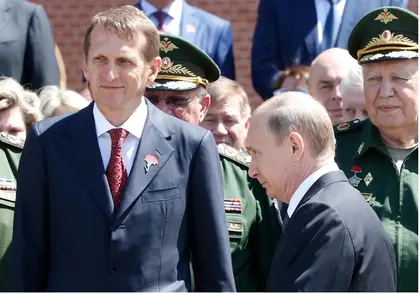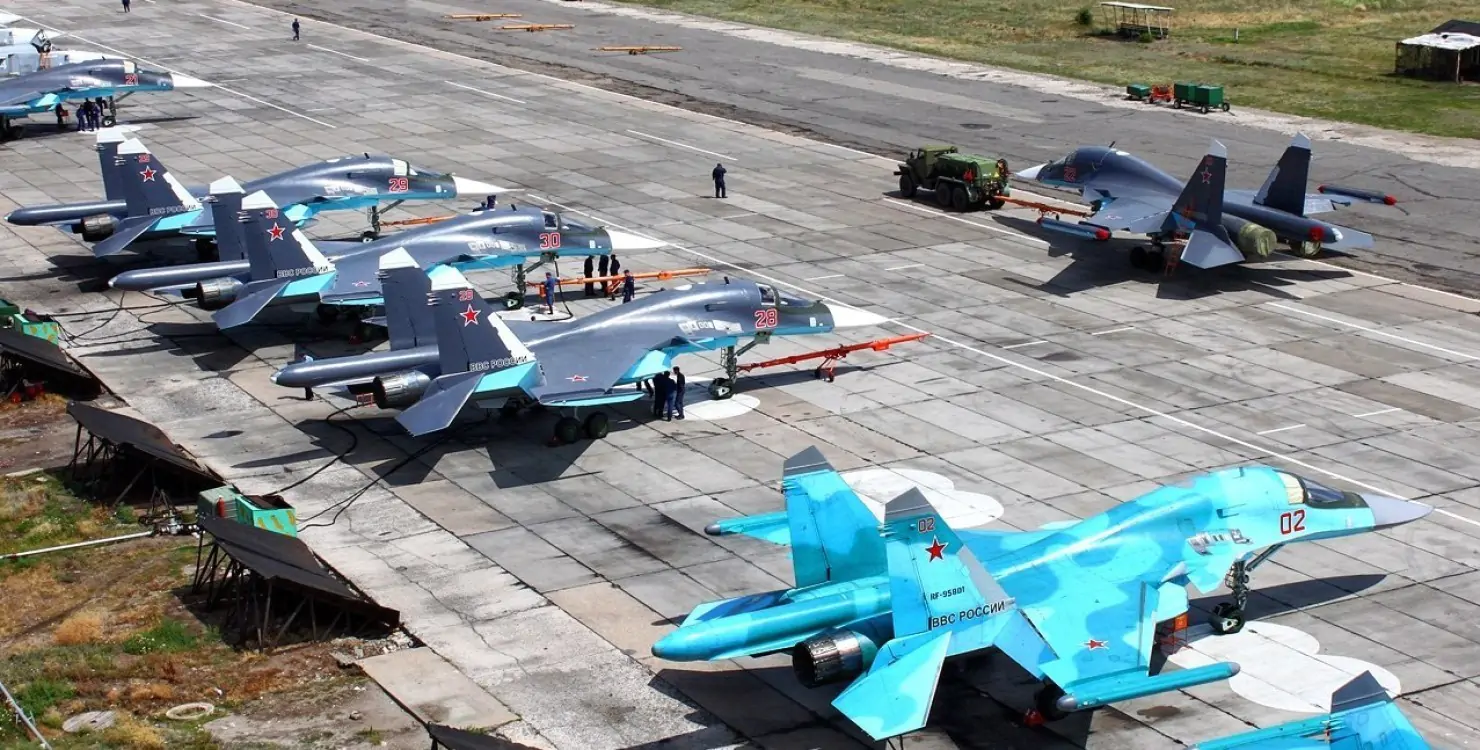A 39-page report by the London-based Royal United Services Institute (RUSI), entitled “Preliminary Lessons from Russia's Unconventional Operations During the Russo-Ukrainian War”, sheds light on the important role that Russian intelligence services played in the build-up to, during and since the February 2022 full-scale invasion.
The report is intended to inform western governments just how Russia uses extensive covert operations to disrupt a target country in advance of its military operations and that Putin still relies heavily on his intelligence agencies to achieve his objectives to subdue and dominate populations in the occupied territories of Ukraine.
JOIN US ON TELEGRAM
Follow our coverage of the war on the @Kyivpost_official.
And yet, Putin chose to ignore the advice given to him by the head of the Russian Foreign Intelligence Service (SVR), Sergei Naryshkin, immediately before the 2022 invasion to postpone the so-called “special military operation” until the summer of 2022.
Naryshkin’s advice was probably based on both his intelligence assessment, that more needed to be done to prepare his own intelligence assets, recruit additional Ukrainian sympathizers and concerns about how weather conditions in the early part of the year would impact on Russian forces.
As we now know, of course, Naryshkin’s request was denied and the attack went ahead on Feb. 24. His advice was, in hindsight, spot on and it is a good job, from Ukraine’s perspective, that Putin swept it aside.

The Tragedy That Shook the Skies: Did Russia Really Shoot Down a Civilian Airliner?
Naryshkin seems to have been one of very few of Putin’s advisors to have gone against other advice the despot was receiving from the Russian Federal Security Service (FSB) and others. It was undoubtedly Putin’s own own excessive pride and self-confidence combined with the voices in his ear telling him what he wanted to hear, which served to reinforce his own assessment victory in Ukraine would be a simple formality.
The RUSI assessment was reinforced as early as March 2022 as commentators asserted that Putin’s advisors were afraid to tell him the truth.
A particularly pertinent article in “The Atlantic” magazine by Brian Klaas hit the nail on the head. He opined that Putin had fallen into what he calls the “dictator trap.”
“The strategies they [dictators] use to stay in power [will] trigger their eventual downfall.” They are not “long-term planners, many make catastrophic short-term errors,
“They hear only from sycophants, and get bad advice ... they don’t see threats coming until it’s too late. And unlike elected leaders … dictators who miscalculate [often] leave office in a casket, a possibility that makes them even more likely to double down” on bad decisions.
As a side note, the ignoring of his advice by Putin may explain Naryshkin’s apparent reluctance to endorse Putin’s request to recognize the independence of Donetsk and Luhansk during the now infamous televised “Speak clearly!” meeting on Feb. 22 last year, which we now know was a precursor to the invasion.
This assessment, that Naryshkin was the only one to speak against the February invasion may be true, but his public pronouncements since have continued to support Putin:
“NATO is raising the stakes because they still have dreams of a strategic defeat over Russia, but this will not happen,” he said, in a televised interview with the state-run RIA news agency on Mar 29.
Naryshkin’s loyalty suggests strongly that we have to thank the combination of Putin’s own hubris, his extreme self-belief, and those sycophantic advisors who told him what he wants to hear, which directly led to him “jumping the gun” with his invasion and the resulting disaster his invading force has suffered to date.
The views expressed in this opinion article are the author’s and not necessarily those of Kyiv Post.
You can also highlight the text and press Ctrl + Enter






